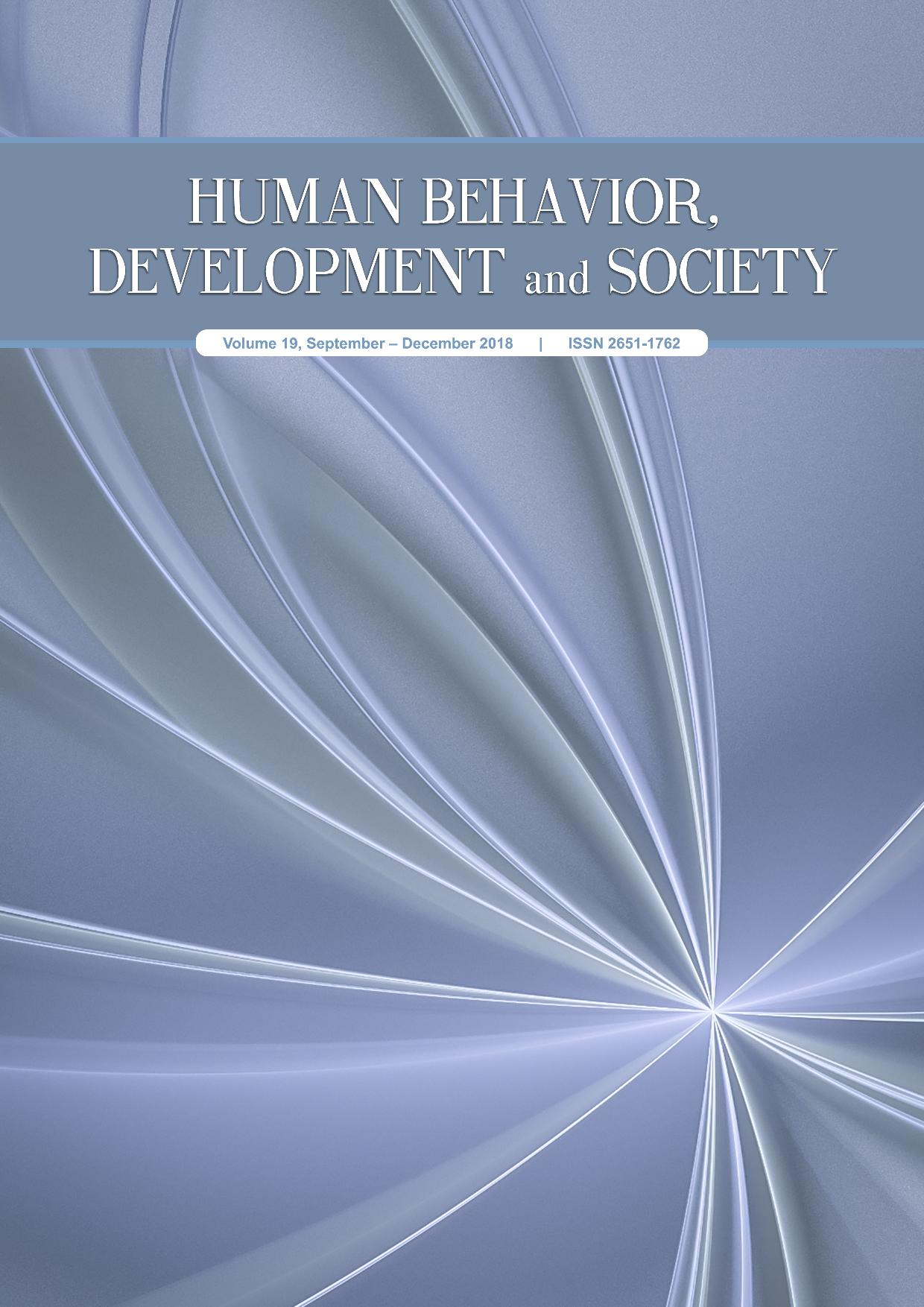Pre-service Teachers’ Perception towards the Implementation of the SECI Model for Reflective Knowledge Management
Main Article Content
Abstract
This paper aims to examine the use of the SECI Model developed based on Nonaka’s theory to promote interactions between the tacit and explicit knowledge for the creation of new knowledge. The study purposively selected 60 fourth-year students, or pre-service teachers (PSTs), who were enrolled in the course, “Developing and Evaluating English Teaching Innovation”. To examine the use of the SECI Model, the researcher implemented the SECI Model over six steps, which are shared vision, free-writing, editing, sharing, talking to the expert and producing instructional innovation. The study employed both quantitative and qualitative research approaches, including survey, observation, and semi-structured interview to ascertain PSTs’ thoughts about the use of the SECI model. The results were positive as the PSTs could see the potential of enhancing idea generation processes related to language education.
Article Details

This work is licensed under a Creative Commons Attribution-NonCommercial-NoDerivatives 4.0 International License.
Copyright: Asia-Pacific International University reserve exclusive rights to publish, reproduce and distribute the manuscript and all contents therein.
References
Baker, W. (2008). A critical examination of ELT in Thailand: The role of cultural awareness. RELC journal, 39(1), 131-146.
Barber, M. Mourshed, M. (2007), how the world’s best performing in the world school system come out of top, McKinsey and Co. Retrieved from http://mckinseyonsociety.com/downloads/reports/Education/ Worlds_School_Systems_
Breunig, M. (2005). Turning experiential education and critical pedagogy theory into praxis. Journal of experiential education, 28(2), 106-122.
Bringle, R., & Hatcher, J. (1999). Reflection in service learning: Making meaning or experience. Educational Horizons, (Summer), 179-185.
Eyler, J. (2002). Reflection: Linking service and learning—Linking students and communities. Journal of social issues, 58(3), 517-534.
Hoefling, T. (2001). Working virtually: Managing people for successful virtual teams and organizations. Sterling, VA: Stylus Publishing.
Hogan, D., & Gopinathan, S. (2008). Knowledge management, sustainable innovation, and pre‐service teacher education in Singapore. Teachers and Teaching: theory and practice, 14(4), 369-384.
Jones, G., & Sallis, E. (2013). Knowledge management in education: Enhancing learning & education. Routledge.
Kelly, B. (2003). Focus group interviews. Research in the college context: Approaches and methods, 49-62.
Krutka, D., Bergman, D., Flores, R., Mason, K., & Jack, A. (2014). Microblogging about teaching: Nurturing participatory cultures through collaborative online reflection with pre-service teachers. Teaching and Teacher Education, 40, 83-93.
Lim, H. (2011). Concept maps of Korean EFL student teachers’ autobiographical reflections on their professional identity formation. Teaching and Teacher Education, 27(6), 969-981.
Loh, J., Hong, H., & Koh, E. (2017). Transforming teaching through collaborative reflection: A Singaporean case study. Malaysian Journal of ELT Research, 13(1), 1-11.
Martin, G., & Double, J. (1998). Developing higher education teaching skills through peer observation and collaborative reflection. Innovations in Education and Training International, 35(2), 161-170.
Nonaka, I., & Takeuchi, H. (1995). The knowledge creating company: How Japanese companies create the dynamics of innovation. New York: Oxford University Press.
Nonaka, I., Toyama, R., & Konno, N. (2000). SECI, Ba and leadership: a unified model of dynamic knowledge creation. Long range planning, 33(1), 5-34.
Pavlenko, A. (2003). “I never knew I was a bilingual”: Reimagining teacher identities in TESOL. Journal of Language, Identity, and education, 2(4), 251-268.
Rahimi, M., & Zhang, L. (2015). Exploring non-native English-speaking teachers' cognitions about corrective feedback in teaching English oral communication. System, 55, 111-122.
Thammaraksa, C. (2013). Innovative English Teaching by Using SECI Model. Retrieved from www.bu.ac.th/knowledgecenter/epaper/july_dec2010/pdf/P_79-9
Urzúa, A., & Vásquez, C. (2008). Reflection and professional identity in teachers’ future-oriented discourse. Teaching and teacher education, 24(7), 1935-1946.
Weimer, M. (2002). Learner-centered teaching: Five key changes to practice. John Wiley & Sons.
Wheeler, S., & Wheeler, D. (2009). Using wikis to promote quality learning in teacher training. Learning, Media and Technology, (34)1, 1-10.


